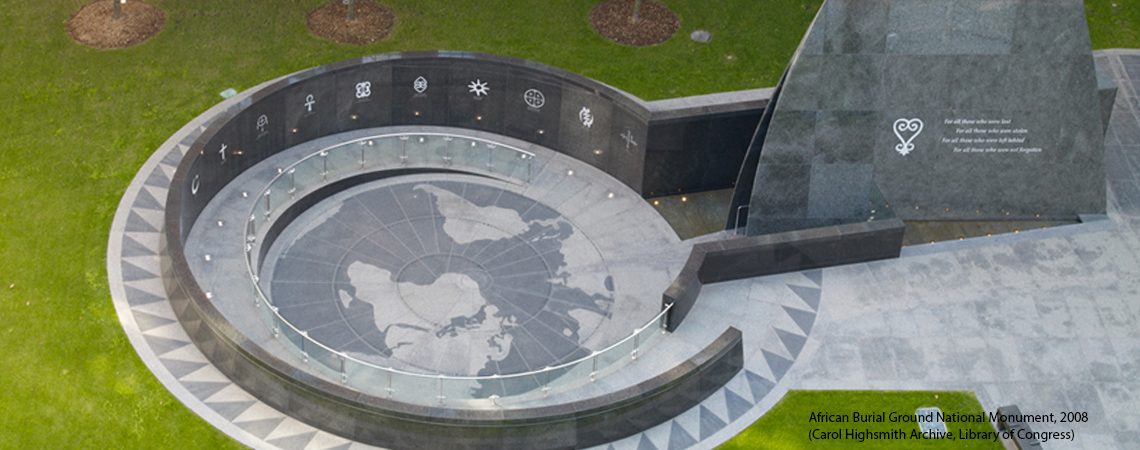The Gilder Lehrman Institute and the Office of the Louisiana Governor John Bel Edwards Present "Witnessing History: The Pardon of Homer Plessy" on March 16, 2022
NEW YORK, NY and BATON ROUGE, LA, March 7, 2022 — On Wednesday, March 16, 2022, 6 p.m.–7 p.m. ET, join the Gilder Lehrman Institute and the Office of Louisiana Governor John Bel Edwards for a special panel discussion highlighting the...
